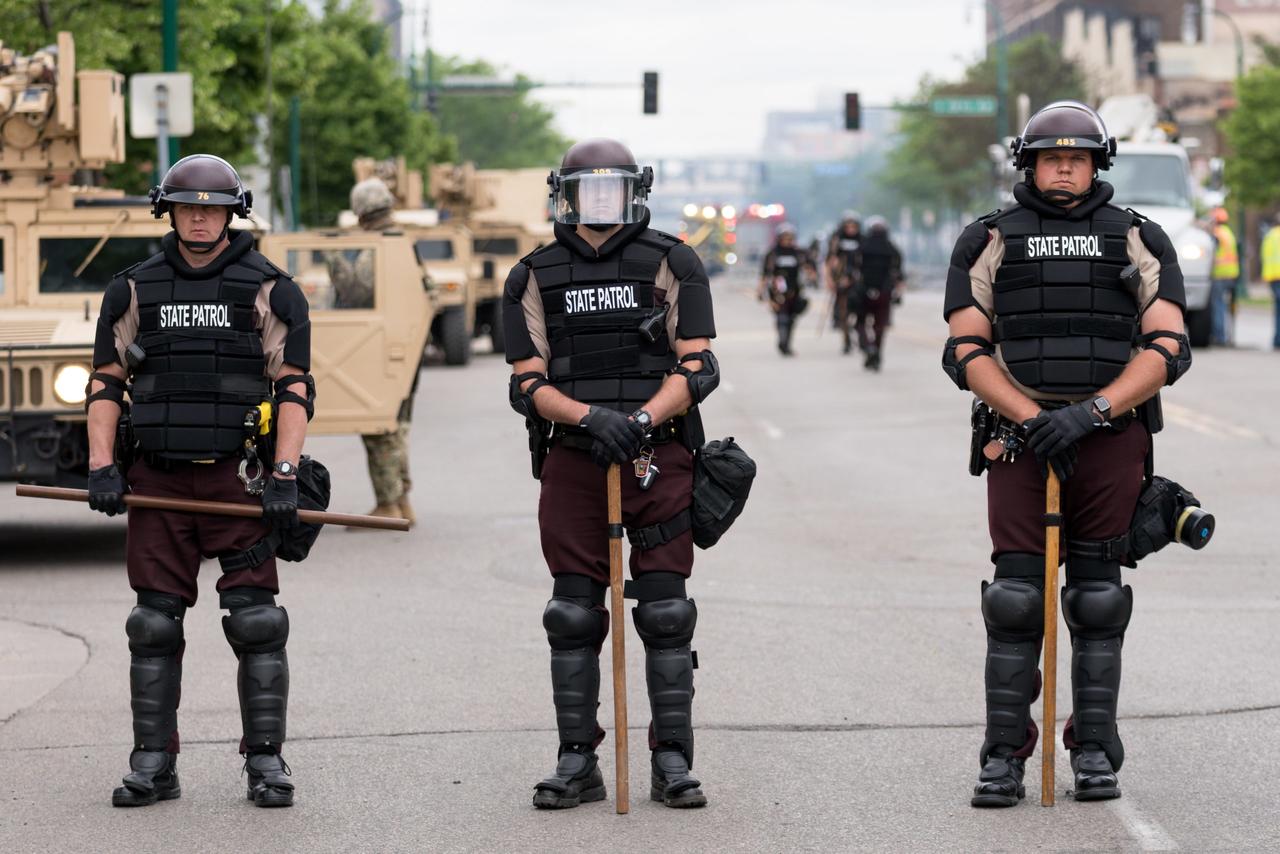Authored by Bradley Thomas via The Libertarian Institute,
Murray Rothbard pointed out in his book Anatomy of the State how the state is far more punitive against those that threaten the comfort and authority of government institutions and workers than they are against crimes against citizens.
This, according to Rothbard, exposed as a myth the notion that the state exists to protect its citizens.
“We may test the hypothesis that the State is largely interested in protecting itself rather than its subjects by asking: which category of crimes does the State pursue and punish most intensely—those against private citizens or those against itself?” Rothbard wrote.
“The gravest crimes in the State’s lexicon are almost invariably not invasions of private person or property, but dangers to its own contentment, for example, treason, desertion of a soldier to the enemy, failure to register for the draft, subversion and subversive conspiracy, assassination of rulers and such economic crimes against the State as counterfeiting its money or evasion of its income tax.”
Boy how recent events have proven Rothbard right.
For weeks, we saw police aggressively pursuing and punishing peaceful people merely violating arbitrary lockdown orders to go surfing, cut hair, or host a child’s play date.
But in the first nights of the George Floyd protests, police allowed rioters to run amok destroying property, with political leaders dismissing the damage as unimportant.
This stark contrast in police responses dramatically underscores Rothbard’s point.
Take the first nights of rioting in Minneapolis. As reported by the Manhattan Institute’s City Journal, Minneapolis Mayor Jacob Frey, the source of the “police stand-down order that allowed his own city to burn,” merely “shrugged off responsibility and minimized the damage.” Moreover, according to the report, “Frey kept repeating that the destruction was ‘just brick and mortar.’”
And consider the example of Raleigh, North Carolina Police Chief Cassandra Deck-Brown, who said:
When the greater risk is of injury to the officer, and I had five injured last night – a building? A window? A door? The property that was in it can easily be replaced. But for a person who has had officers shot. And more recently than not, I will not put an officer in harm’s way to protect the property inside of a building. Because insurance is most likely going to cover that as well but that officer’s safety is of the utmost importance.
Got that? The officer’s safety is the primary concern, not the property of citizens. Agents of the state whose sole job is supposedly to protect the people and their property instead refuse to do their job at the first hint of danger.
Video of Arby’s in Minneapolis burning.
Please note the brief image of celebratory fireworks as the building burns.
Welcome to the New Normal in riot etiquette. pic.twitter.com/HyxFXzUjpc
— John McAfee (@officialmcafee) May 29, 2020
Worse still, as Ryan McMaken pointed out in a recent article at Mises.org, “A failure to protect taxpaying citizens from violence and crime in a wide variety of situations is standard operating procedure for police departments that are under no legal obligation to protect anyone, and where ‘officer safety’ is the number one priority.”
McMaken further notes that it is “now a well-established legal principle in the United States that police officers and police departments are not legally responsible for refusing to intervene in cases where private citizens are in imminent danger or even in the process of being victimized.”
Police absence during riots is nothing new. As McMaken wrote: “During the 2014 riots that followed the police killing of Michael Brown, for example, shopkeepers were forced to hire private security, and many had to rely on armed volunteers for protection from looters. ‘There’s no police,’ one Ferguson shopkeeper told Fox News at the time. ‘We trusted the police to keep it peaceful; they didn’t do their job.”’
As the violence of the riots intensified, mayors instructed police forces in cities across the nation to step up their presence.
But their initial reactions are the most telling.
The contrast between police actions against peaceful lockdown “violators” and the rioters is striking. The instincts of the political class was to haul mothers in parks and hair stylists away in handcuffs, while standing down and allowing private property owned by citizens to burn.
The former involved disobeying a government order, an act which would threaten the perceived authority, no matter how arbitrary, of the state. The latter involved violation and destruction of citizens’ property.
As Rothbard would have predicted, the state was far more interested in preserving the illusion of its authority than the property of its citizens.
Putting a tragic, but fine, point to Rothbard’s point: George Floyd was choked to death by a police officer sent to detain him for the “crime” of using a counterfeit $20 bill to buy cigarettes.
The state is not us. It does not exist to protect our person or property. It exists first and foremost for its own benefit and to exert power and control over its subjects.
Events of the past several weeks should make this crystal clear.
